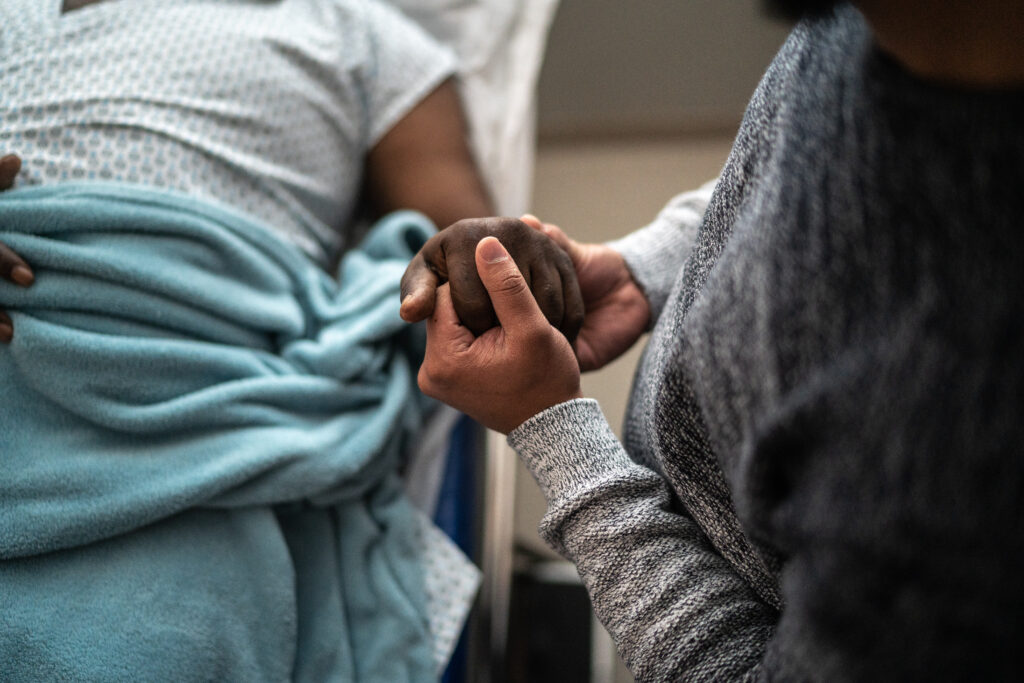
Is illness part of God’s will for your life? This profound question often resonates deeply, particularly for Black patients facing critical health decisions. A new study presented at the 2024 American Society for Radiation Oncology (ASTRO) Annual Meeting sheds light on how spirituality profoundly influences Black patients’ decisions about participating in cancer clinical trials. The research reveals that deeply ingrained spiritual beliefs, compounded by a painful history of medical mistreatment, fuel a pervasive distrust of clinical research within the Black community.
The Shadow of Underrepresentation
Historically, clinical trials in the United States have been overwhelmingly dominated by White, male participants, leaving Black individuals significantly underrepresented. This lack of diverse representation carries severe consequences. It limits the generalizability of research findings, meaning that treatments developed based on these trials may not be as effective or safe for all populations. This disparity directly hinders the development of equitable healthcare solutions.
Beyond the Consent Form: Understanding Patient Perspectives
Charlyn Gomez, the lead study author and a medical student at the University of Maryland School of Medicine, underscored the critical need to understand patients’ perspectives beyond the transactional nature of a consent form. She emphasized, “If we want to improve recruitment, we cannot just talk about trial goals. We have to look beyond that to understand where the patient is coming from and what their priorities are.” This statement highlights the necessity of a more holistic and empathetic approach to patient engagement, particularly for underserved communities.
Spirituality as a Guiding Force
The study, conducted at two Baltimore medical centers, surveyed 97 patients undergoing radiation treatment for various cancers. Among the key factors influencing Black patients’ decisions about trial participation, spirituality emerged as a particularly significant element. Many Black patients expressed a strong belief in God’s omnipotent power to determine their health and well-being. This belief, often deeply rooted in cultural and religious traditions, can significantly shape their perception of clinical trials and their willingness to participate. The study specifically found that Black patients were more likely than non-Black patients to believe that God’s will, rather than medical research, ultimately determined their health outcomes. This finding underscores a fundamental difference in worldview that healthcare providers must acknowledge and respect.
The Lingering Scars of Distrust
Beyond spiritual convictions, the painful legacy of historical research practices that harmed Black patients, such as the infamous Tuskegee syphilis experiment, has fostered a deep-seated distrust of clinical research within the Black community. This historical trauma, often intertwined with spiritual beliefs about divine intervention and protection, can make Black patients hesitant to participate in trials, even when they have established trust with their individual healthcare providers. The collective memory of past injustices serves as a powerful deterrent, making it difficult for researchers to gain the confidence of this community.
Perceived Risks and Limited Benefits
The study also revealed that Black patients were more likely to believe that research could uncover information they would rather not know, and that their community had little to gain from participating. These beliefs may stem from valid concerns about the potential risks associated with clinical trials, as well as a perceived lack of direct benefits for the Black community, especially when considering the historical context of exploitation. This perception of disproportionate risk without commensurate reward further contributes to reluctance.
Bridging the Divide Through Trust and Understanding
Overcoming this deeply entrenched historical distrust and fostering genuine trust between researchers and Black patients is paramount for improving participation in cancer trials. Doctors can play a crucial role by being more intentional in their efforts to build rapport and directly address patients’ concerns, including those related to God and spirituality. This may involve incorporating respectful discussions about religious beliefs, acknowledging historical research practices, and transparently outlining the potential benefits of participation in the recruitment process. Such an approach can help validate patients’ concerns and demonstrate a genuine commitment to their well-being.
By understanding the profound role of spirituality in Black patients’ decisions and taking proactive steps to address their concerns with empathy and cultural sensitivity, researchers can significantly increase participation in cancer trials. This, in turn, will help ensure that the benefits of new treatments are accessible and effective for all populations. As Ms. Gomez powerfully emphasized, “It’s crucial for us to improve the recruitment of Black patients…but to do that, we have to understand the values and priorities of patients in this underserved population.” This understanding is not just about ethics; it’s about achieving health equity.








